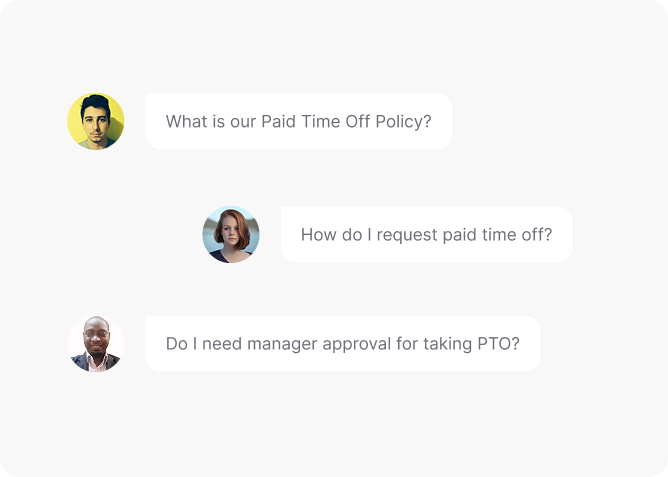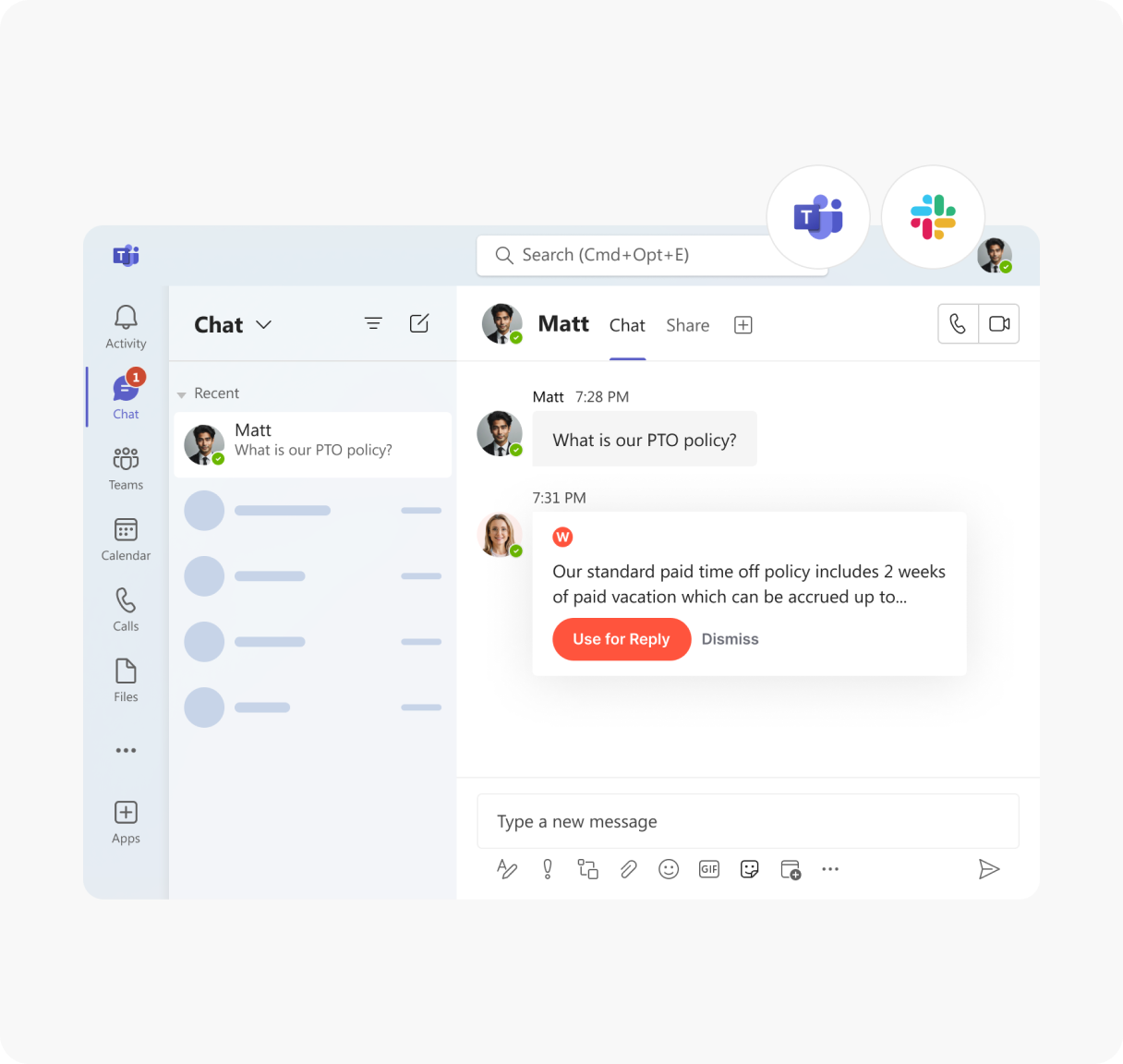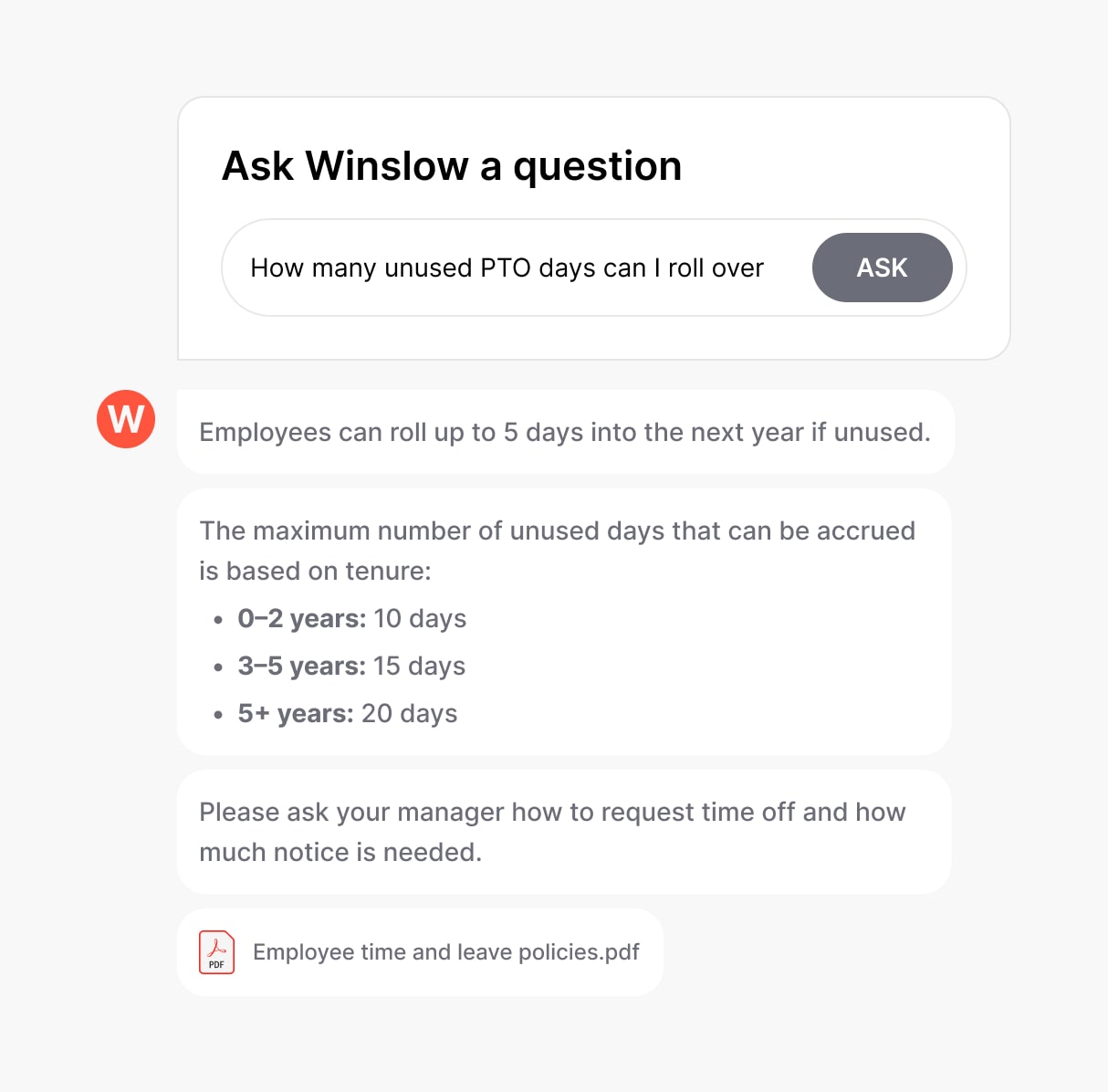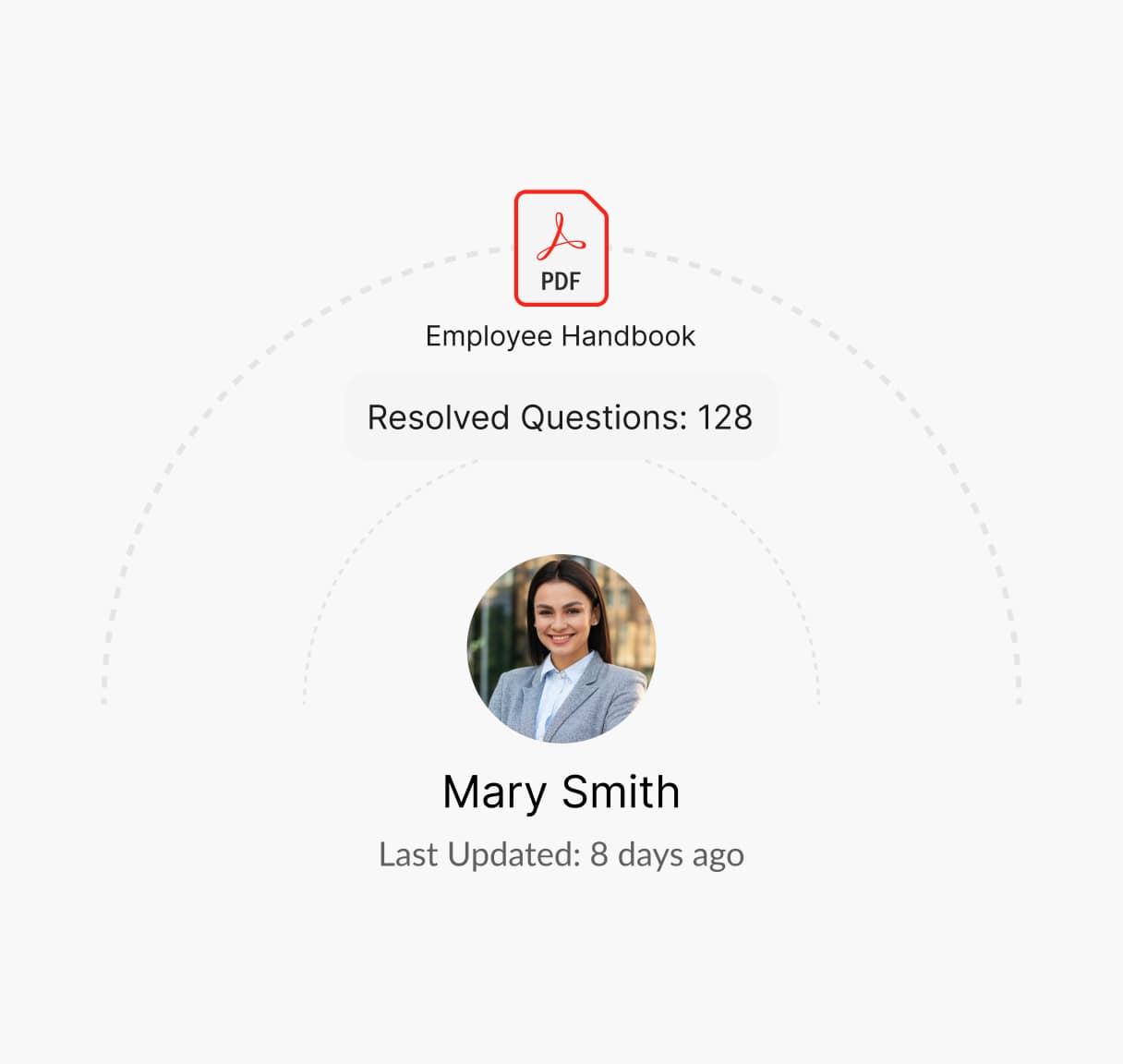Everything You Need to Know About Paid Time Off Policy
Providing employees with flexible leave options is key to work-life balance. A Paid Time Off (PTO) Policy defines accrual, eligibility, and usage guidelines, helping employees take necessary breaks while maintaining workforce productivity.

What is a Paid Time Off Policy?
A Paid Time Off Policy is an HR document that details how employees can accrue, request, and use paid leave, including vacation, sick days, and personal time. It specifies eligibility, carryover rules, and any blackout periods.
A well-structured PTO policy promotes work-life balance, reduces burnout, and ensures fairness in time-off approvals.
Guidelines for Creating a Paid Time Off Policy
A structured paid time off (PTO) policy ensures employees have clear guidelines for leave entitlement and usage. Here are some guidelines to consider:
Define PTO Eligibility and Accrual
Outline who qualifies for PTO and how time off is accrued based on tenure or role.
Differentiate Between Leave Types
Specify categories like vacation, sick leave, personal days, and parental leave.
Set PTO Request Procedures
Establish steps for submitting and approving leave requests to ensure operational coverage.
Clarify PTO Carryover and Expiration
Define whether unused PTO can be carried over or if it expires annually.
Align with Legal Requirements
Ensure compliance with local and federal labor laws regarding PTO and leave entitlements.
Offer Transparent PTO Tracking
Provide employees with access to digital systems to track their PTO balances and requests.
What is Covered in a Paid Time Off Policy?
An effective Paid Time Off Policy should include the following:
Eligibility and Accrual Rules
Define who qualifies for PTO and how hours accumulate over time.
Types of Leave Covered
Detail vacation, personal leave, sick leave, and additional time-off provisions.
PTO Request and Approval Process
Explain how employees should request time off and the approval timeline.
PTO Carryover and Expiry
Specify rollover limits or expiration policies for unused PTO.
Paid Holidays and Special Leave
Clarify company-designated holidays and any additional paid leave provisions.
PTO and Unplanned Absences
Establish guidelines for emergency or short-notice PTO requests.
Ensure Clear Communication on PTO
Provide resources or tools for employees to track their PTO usage and understand leave policies.
Need help creating a Paid Time Off Policy?
How Winslow helps HR pros save time on responding to PTO Policy- Related Queries
Managing PTO-related inquiries can be time-consuming, but Winslow, your AI-powered HR assistant, simplifies the process:

Instant answers anytime
Winslow makes your Paid Time Off Policy easily accessible via Slack, Teams, or email. Employees can instantly check accrual rates, carryover rules, blackout dates, and request procedures—ensuring smooth leave management.
Personalized Support
Winslow instantly answers employee questions, including those about your PTO Policy, ensuring clarity on vacation days, personal leave, and unpaid time-off policies.


Analytics and Insights
Winslow tracks policy-related queries, helping HR teams identify trends and common concerns. This data enables organizations to refine their policy, improve reporting channels, and address recurring issues proactively.
Manage Paid Time Off Policy Effortlessly with Winslow
A well-defined PTO policy ensures employees have clarity on leave entitlements and approvals. With Winslow, you can simplify policy communication, reduce HR workload, and enhance the employee experience.
Frequently asked questions
Have further questions about Winslow, contact us at sales@usewinslow.com
Can HR teams implement a use-it-or-lose-it PTO policy?
Only where legally permitted, ensuring compliance with state labor laws.
How should HR teams define PTO eligibility?
By specifying accrual rates, probationary periods, and classification-based entitlements.
Should PTO cover vacation, sick leave, and personal days?
A unified or separate category approach should align with company objectives and compliance standards.
Can HR teams restrict PTO usage during peak business periods?
Yes, provided the policy is uniformly applied and communicated in advance.
How can HR teams prevent PTO abuse?
By implementing request tracking, requiring manager approvals, and enforcing notice periods.
Are employees required to use PTO before unpaid leave?
Policies should clarify whether PTO depletion is mandatory before FMLA or other unpaid leave.
Additional resources
Device Usage Policy
Managing employee leave effectively is vital for maintaining workforce productivity and compliance....
Learn moreconfidentiality policy
Protecting sensitive information is crucial. A clear Confidentiality Policy outlines guidelines for...
Learn moreclaim reimbursement
Ensuring fair compensation for expenses is key. A clear Claim Reimbursement Policy...
Learn more




